Help Kumarappa Gram Swaraj Sansthan to Set Up A Bricks School in Jaipur
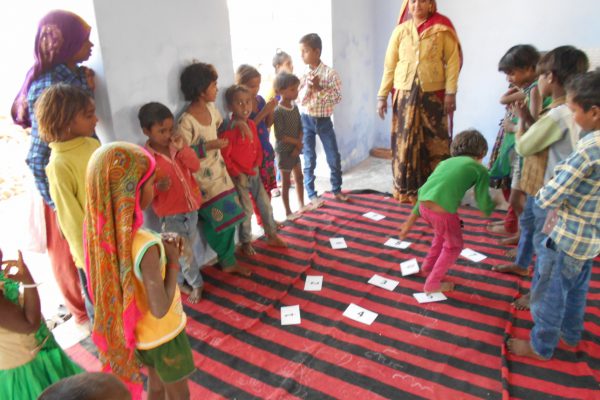
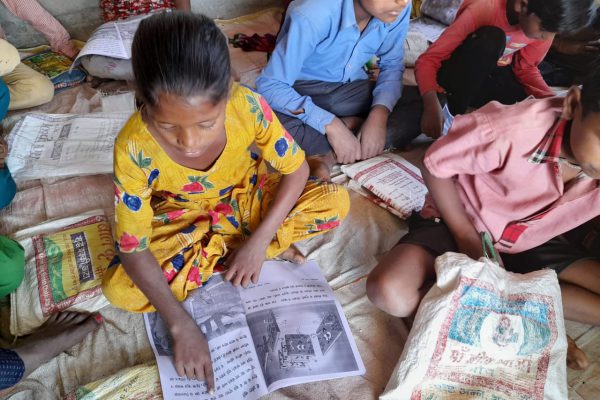
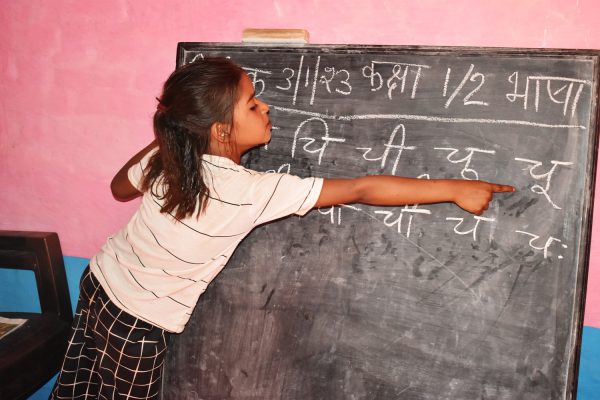
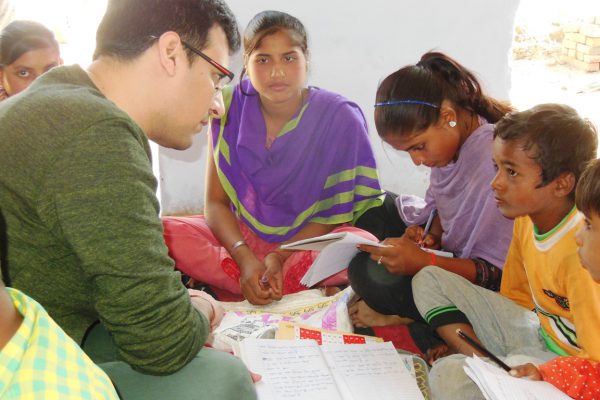
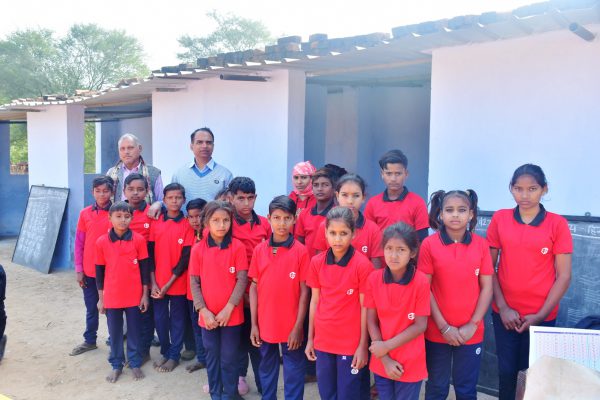


Story
Every year in December, thousands of families migrate from Uttar Pradesh to the villages near Jaipur district in search of employment at brick kilns. Due to climate change and other agricultural challenges, farmland in UP can no longer financially support these families. In order to survive, they leave their homes and search for work in the brick kilns of Rajasthan.
Work in the brick kilns is seasonal. Entire families of migrant workers including women and children strive to earn enough money before the monsoons begin and the kilns shut down. Fortunately, most years these workers can bring in enough wages in seven months to be able to return to their villages in UP. Unfortunately, their children have no access to an education due to constant migration and a lack of accessible schools near the kilns. To help these students with their studies, Kumarappa Gram Swaraj Sanstha, a Jaipur-based NGO working towards empowering women and children,created The Bricks Schools. In 2014, the first Brick School was started under a shade tree near a brickfield in Chaksu town in Jaipur. Due to the success of this initial effort, there are currently Brick Schools operating in 17 brickfields serving over 754 students.
These schools are generally run in a room allotted by the owner of the brickfield or under the shadow of a tree in the premises. Each school consists of two classes with the first- to second-grade students in one class and third- to-fifth grade in another. In each school, two teachers are deployed to teach the separate batches. The focus of the curriculum is to offer practical skills in reading and writing Hindi as well as basic competency in mathematics.
Studies by the United Nations Educational, Scientific, and Cultural Organization (UNESCO) conducted in regions with low literacy rates show that community-based academic boost programs such as the Bricks School are the most efficacious way to improve outcomes for children. These student outcomes for the Bricks School rank at the same high levels as international interventions costing much more in terms of financial resources. Additional outcome data is available in the Kumarappa Gram Swaraj Sansthan annual reports documenting the impact of the Bricks School on children and their families from 2014 to the present.
Contributing the effectiveness of the Bricks School is the approach used to train teachers to implement a special curriculum. The PRATHAM Rajasthan office has partnered with the Bricks School for teacher training, course content, and monitoring of students and teachers. PRATHAM is a national-level organization working to provide quality education to children in rural areas. An evaluation system has been developed in which the baseline scores of all the students were collected when the classes started, and subsequent scores are recorded every month to determine the progress of the students. This specialized curriculum, the teacher training, the assessment tools, and the ongoing teacher mentoring all contribute to the success of the Bricks School.
The innovative approach demonstrate the need for the continuation and expansion of the Bricks School. If India is to compete as a world leader, more of her children must have the educational opportunities to learn and to subsequently contribute to their country’s future.
The organization will use the donation amount to further enhance the teaching at these schools by purchasing books, notebooks, stationery and more for these children.
